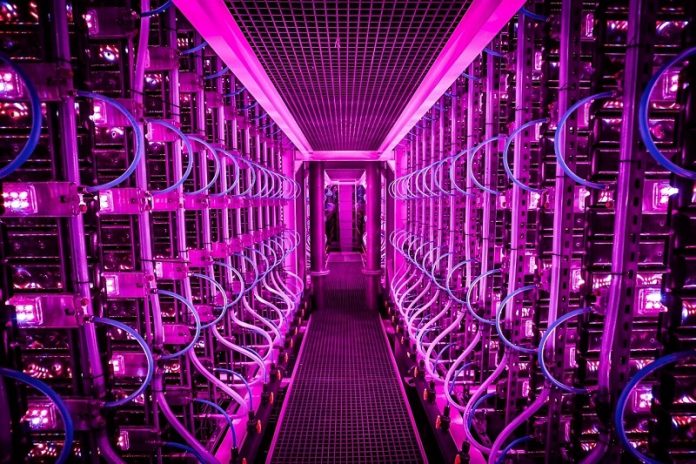
A team of international researchers has found a groundbreaking way to address the widespread issue of vitamin B12 deficiency.
In a new study published in Discover Food, scientists led by Dr. Asaf Tzachor, from Reichman University, have developed a sustainable method to produce vitamin B12 using a type of algae called Spirulina.
This innovation could significantly reduce the need for meat and dairy products, which are currently the primary sources of this essential vitamin.
Vitamin B12 is crucial for our health, yet more than a billion people worldwide suffer from low levels of it.
Typically, we get our B12 from animal products like meat and dairy.
However, relying on these sources presents significant environmental challenges, as meat and dairy production are resource-intensive and contribute to environmental degradation.
Spirulina, a blue-green algae, has been suggested as a healthier and more sustainable alternative to meat and dairy. But until now, Spirulina hasn’t been a viable replacement because it contained a form of vitamin B12 that humans couldn’t absorb, known as pseudo-vitamin B12.
In this pioneering study, researchers from institutions in Iceland, Denmark, Austria, and Israel teamed up to overcome this challenge.
They used advanced biotechnology to grow Spirulina in a way that allows it to produce biologically active vitamin B12—the kind that humans can actually use.
The team worked with VAXA Technologies in Iceland, focusing on a special system that uses modified light conditions to enhance the production of vitamin B12 in Spirulina.
This system not only produces B12 but also generates other beneficial compounds with antioxidant, anti-inflammatory, and immune-boosting properties. The result is a carbon-neutral, nutritious biomass containing levels of active vitamin B12 comparable to beef. For example, this specially cultivated Spirulina has 1.64 micrograms of B12 per 100 grams, while beef typically has 0.7 to 1.5 micrograms per 100 grams.
Dr. Tzachor explained that this breakthrough shows that Spirulina can be a sustainable and effective alternative to traditional animal-based foods for getting enough vitamin B12. This is particularly important for those looking to reduce their meat and dairy consumption for health or environmental reasons.
The study also looked at the potential for scaling up production of this new Spirulina. The researchers found that Iceland alone could produce enough Spirulina to meet the vitamin B12 needs of millions of children worldwide. By using electricity that would otherwise go to heavy industry, Iceland could produce nearly 278,000 tonnes of Spirulina biomass each year, providing enough B12 for over 13.8 million young children.
This discovery represents a significant step forward in tackling global vitamin B12 deficiency in a sustainable way, offering a promising alternative to environmentally harmful meat and dairy production. As the world seeks more eco-friendly solutions to health and nutrition challenges, this new Spirulina could play a crucial role in the future of food.



